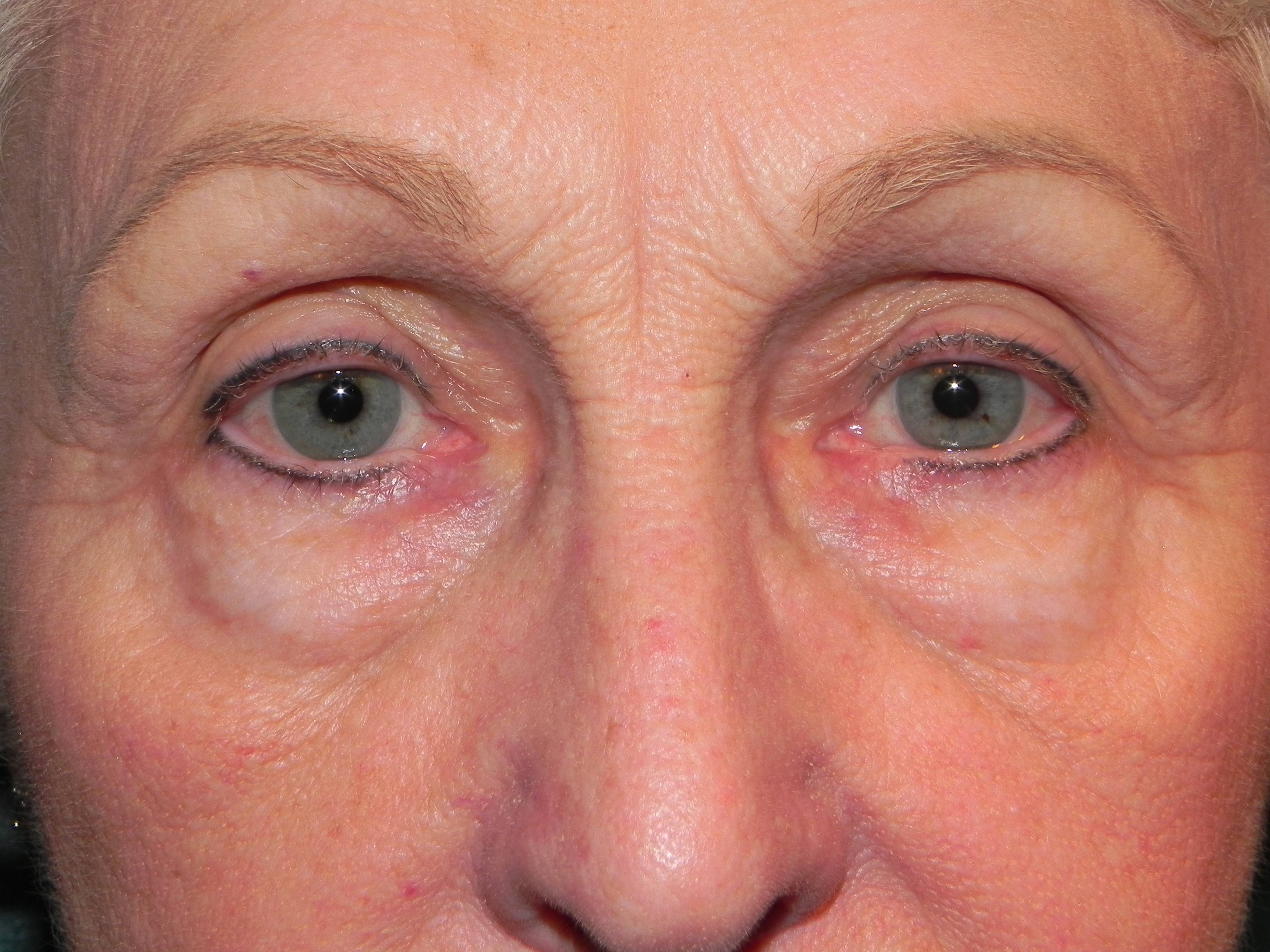
To get a better idea of the price of breast reduction surgery, you should consider your options. Ask your surgeon for details and pictures of your symptoms to better determine the cost. Talk to your health insurance provider before you go to surgery to discuss your options. By being prepared for the unexpected, you can avoid any unpleasant surprises after the surgery. To find out how much is a breast reduction surgery, read on.
Average cost of breast surgery in the U.S.
The average cost for breast reduction surgery in the United States is between $5,000 and $12,000. However, prices can vary widely. These prices include the cost of the surgeon's fee, the facility fees, the anesthesia fees, as well as the cost for implants if needed. These prices are often higher for patients with large breasts, which require extra work to remove excess tissue and reshape the nipple area. Ask about pre-op labs, travel and lodging fees before choosing a surgeon.
If it's deemed medically necessary, Medicaid or insurance will cover the cost for breast reduction. If the breasts are causing medical problems or significantly impairing one's ability to function, it is considered medical necessity. Ask the surgeon about your specific insurance plans. Many insurance companies have strict requirements regarding the procedure. Before you schedule your surgery, make sure to consult them.

Variations in cost
The cost of breast reduction depends on several factors. These include the amount of tissues removed and the types of implants used. Pricing can be affected by the complexity of the procedure and its duration. A capsulotomy involves removing scar tissue around an implant to reduce compression. Pricing can also be affected depending on what type of implants a woman is using. Insurance may cover the cost of the procedure. The procedure may be performed on both males and females, but costs are often higher for borderline cases.
The average price of breast reduction surgery is around $8,200. This price does not include the cost of prescription medication or pre-operative medical clearance. The final cost will depend on the expertise level, location and number of surgeons. Patients should check with their surgeon's office to get an accurate estimate of the cost before the procedure. Some surgeons offer patient financing plans, and some may waive the non-refundable consultation fees. Regardless of whether or not you have medical insurance coverage, you should still research the price before choosing a surgeon.
Indemnity insurance
Ask your insurance company about whether they cover breast reductions. Breast reduction surgery is covered by many insurance companies if there is medical necessity. Get medical documentation from your family doctor, and your surgeon. If your symptoms are chronic, insurance companies are more likely to approve your surgery or at least partial coverage. Here are some useful tips to make sure you have insurance coverage for your surgery.
Before you have the procedure, verify your insurance coverage. Breast reduction is not covered by most health insurance companies. Even if they cover breast reduction, it is not considered a basic procedure. If you have a significant health problem, most health insurance plans will cover your breast reduction surgery. If you're a woman who has a particularly large breast size, the surgery can be covered as part of your medical plan.

Recovery time
Depending on what procedure was used, recovery can take between two and six weeks. Everyone recovers at different rates. For instance, a person who is sedentary may only require one week off work, while someone who has been physically active may require up to two weeks. The patient's lifestyle, work environment and other factors will all play a role in recovery. But patients need to be aware of how much time will they spend in bed.
A week after surgery, you will likely be able to perform light housework and activities, such as walking. The first few week will be the hardest, so plan ahead. Take pain medications as prescribed and limit your activities. During this time, it is important to keep your head high. Avoid strenuous exercise during the first six weeks. Also, do not lift large items such as gallon bottles during recovery.